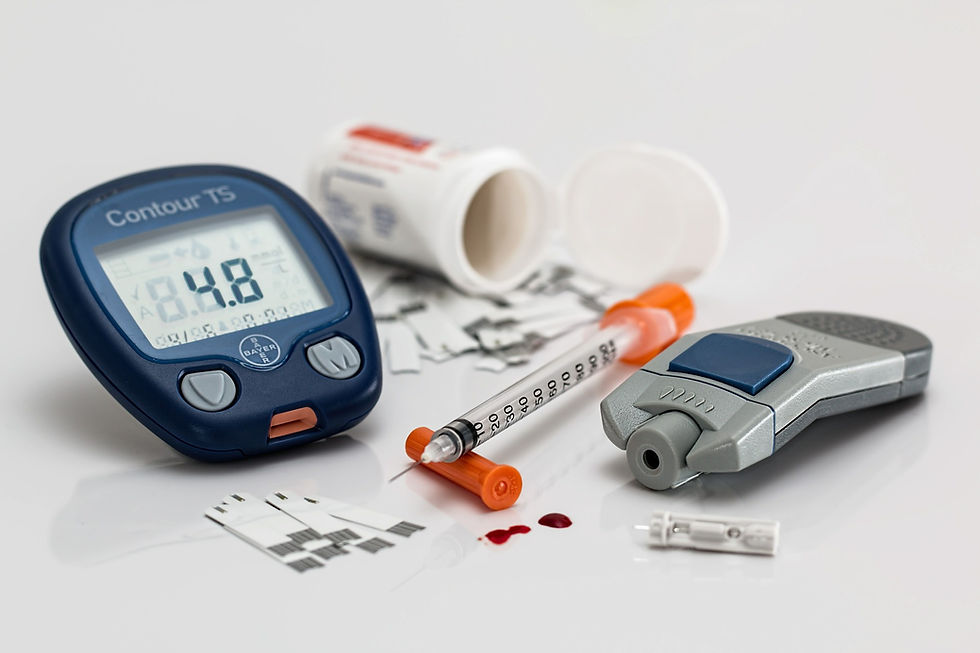Magnesium is essential for optimal functioning of many enzymes in insulin secretion. The pancreas needs Mg to produce insulin and to release that insulin into the blood stream in response to high blood glucose. Mg therefore plays a critical role in glucose and insulin homeostasis.
Intracellular Mg deficiency is often seen in people with diabetes. Low levels of Mg result in defective tyrosine-kinase activity, leading to insulin resistance.
High Mg intake improves glucose metabolism and stabilizes insulin levels. Studies have shown that supplementation with 1,000 mg/day of Mg reduced A1C after 30 days.
A 12 week study in 54 people with Type 2 Diabetes found that taking 300 mg of magnesium daily significantly lowered fasting blood sugar levels.
A study on 71 children diagnosed with Type 1 Diabetes attending a Pediatric Endocrinology Clinic in Egypt found that 28 percent of them were magnesium deficient. After 3 months of 300 mg of oral magnesium supplementation, their mean HBA1C reduced from 10.11% to 7.88%. They had significant reduction in serum triglycerides, LDL, and total cholesterol.(Note: many Mg deficiencies are not detected because the common test used, serum test, is testing the amount of Mg in the blood. Only 1% of total Mg is found in the blood; the most accurate Mg test is an RBC test which tests the blood cells, and can give more insight into how much Mg is stored in your bones & tissues).
Please refer to other blog posts on magnesium for more information.

%20(2).png)
Comments